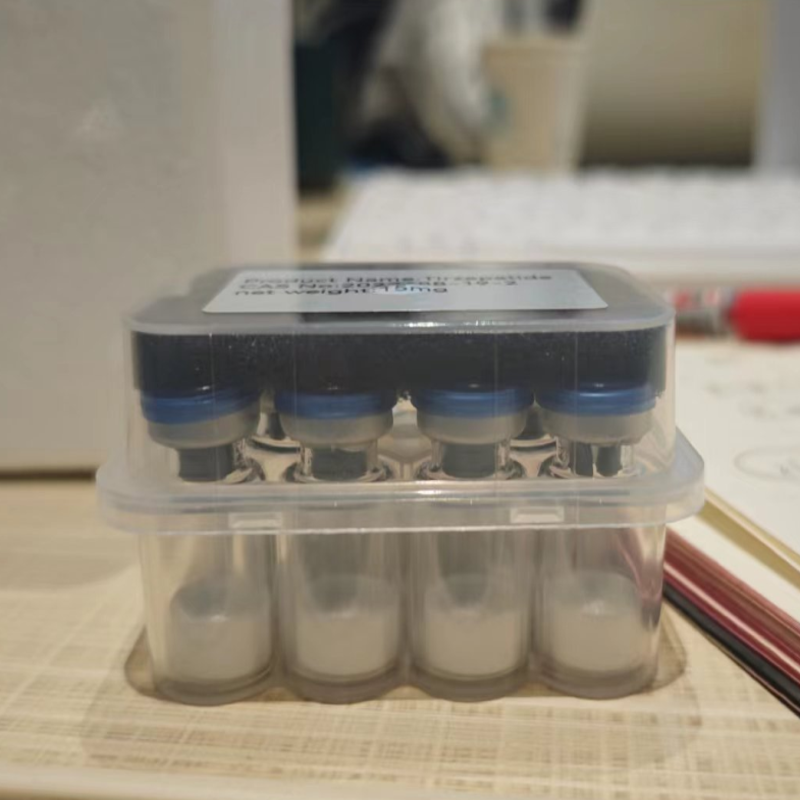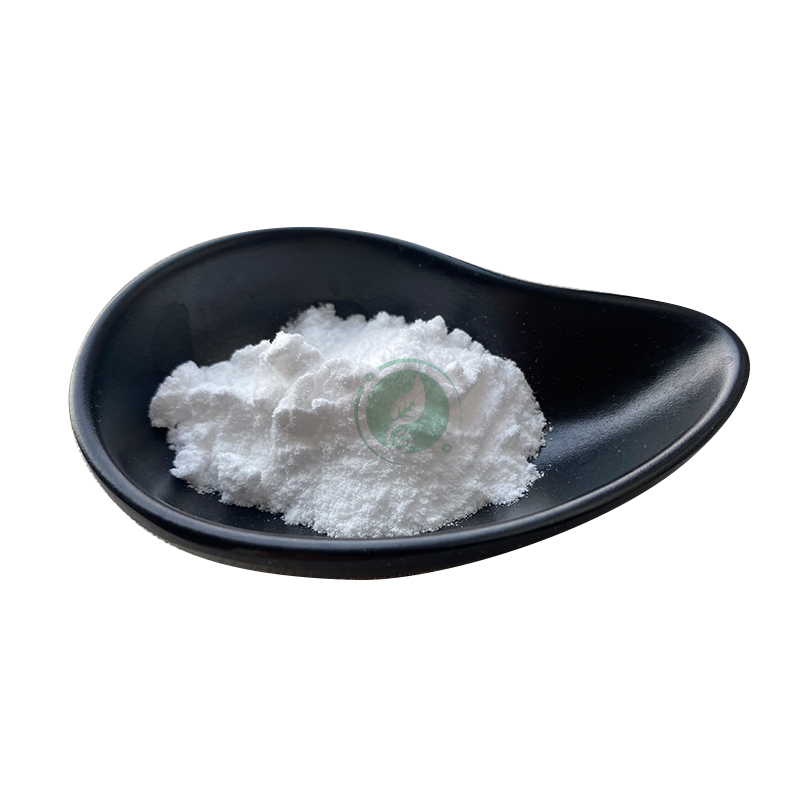Taipei Medical University has developed a new anticancer small molecule drug mpt0e028
-
Last Update: 2015-05-19
-
Source: Internet
-
Author: User
Search more information of high quality chemicals, good prices and reliable suppliers, visit
www.echemi.com
The team of Taipei Medical University has developed new cancer drugs to bring good news to cancer patients The team of Changgeng University (provided by Beijing Medical University) developed a highly sensitive gene detection reagent (Photo by Hong Xinci) good news for cancer patients! Taipei Medical University has spent many years developing a new anticancer small molecule drug "mpt0e028" It has been proved by animal experiments that it can enhance the effect of inhibiting the growth of cancer cells, from 50% to 70%, and has no side effects such as hair loss and vomiting It is expected to enter the second phase of clinical trials next year, which can be applied to 8 kinds of cancers, such as large intestine, milk, lung and pancreas It will be listed as soon as 5 years later, opening a thread of vitality for cancer patients 。 The Ministry of education is now publishing the achievements of "biotechnology and medicine, the key future" project, which aims to show the achievements of universities in the field of biotechnology and medicine Among them, "mpt0e028", a new cancer drug developed by Liu Jingping, vice president of the school of medicine of Beijing Medical University, is the first new cancer drug developed by Taiwan's University and entered human clinical trials At present, it has entered the first phase of clinical trials Pan Xiuling, a member of the research team and associate professor of Beijing Medical University, said that "mpt0e028" is a small molecular target drug, which can inhibit the activity of "histone deacetylase" (Pan HDAC) in cancer cells It has been proved by animal experiments that it can treat eight kinds of cancer, including liver cancer, breast cancer, lung cancer, blood cancer, colorectal cancer and prostate cancer The inhibition effect is significantly better than the existing traditional drugs Pan Xiuling pointed out that from the animal experiment observation, compared with the general drugs, the new anticancer drugs of Beijing Medical University have a better effect in inhibiting the growth of cancer cells, which can be increased from 50% to 75%, and have a better effect on the cancer that is difficult to cure Moreover, the general anticancer drugs often have side effects such as vomiting, hair loss, etc the experiment also found that the side effects are greatly reduced In addition, the process of small molecule new drugs is less complicated, and the cost is higher than that of antibodies Class a drugs are low, and they will be on the market as soon as 5 years later The research team led by Qiu quanqian, associate professor of the Department of medical biotechnology and laboratory science of Changgeng University, has developed a high-sensitivity gene detection reagent, which can help the public to screen for cancer mutation genes, judge whether there is resistance to cancer drugs, and practice cancer personalized medicine Chen Tailong, a member of the research team and doctoral student of Changgeng medical technology department, said that each person's genes are different, and the curative effect of cancer drugs is different The team conducted research on targeted drugs for lung cancer and colorectal cancer, developed a test agent that can detect whether there is a positive or negative mutation in human genes, understood the curative effect or drug resistance of the drug to the subject, and helped doctors to treat the drug according to the situation Chen Tailong pointed out that the reagent developed by the team can complete the test in only one hour, which is much faster than the current similar test in three days to one week, and the cost can also be reduced by one third to one half; because of its high sensitivity, in addition to detecting cancer patients, it can also detect whether there is cancer mutation gene in the blood or body fluid of ordinary people At present, the reagent has been transferred and human body test has been completed, and it has been sent to the Ministry of health and welfare for approval, and it can be listed in the second half of the year as soon as possible.
This article is an English version of an article which is originally in the Chinese language on echemi.com and is provided for information purposes only.
This website makes no representation or warranty of any kind, either expressed or implied, as to the accuracy, completeness ownership or reliability of
the article or any translations thereof. If you have any concerns or complaints relating to the article, please send an email, providing a detailed
description of the concern or complaint, to
service@echemi.com. A staff member will contact you within 5 working days. Once verified, infringing content
will be removed immediately.







